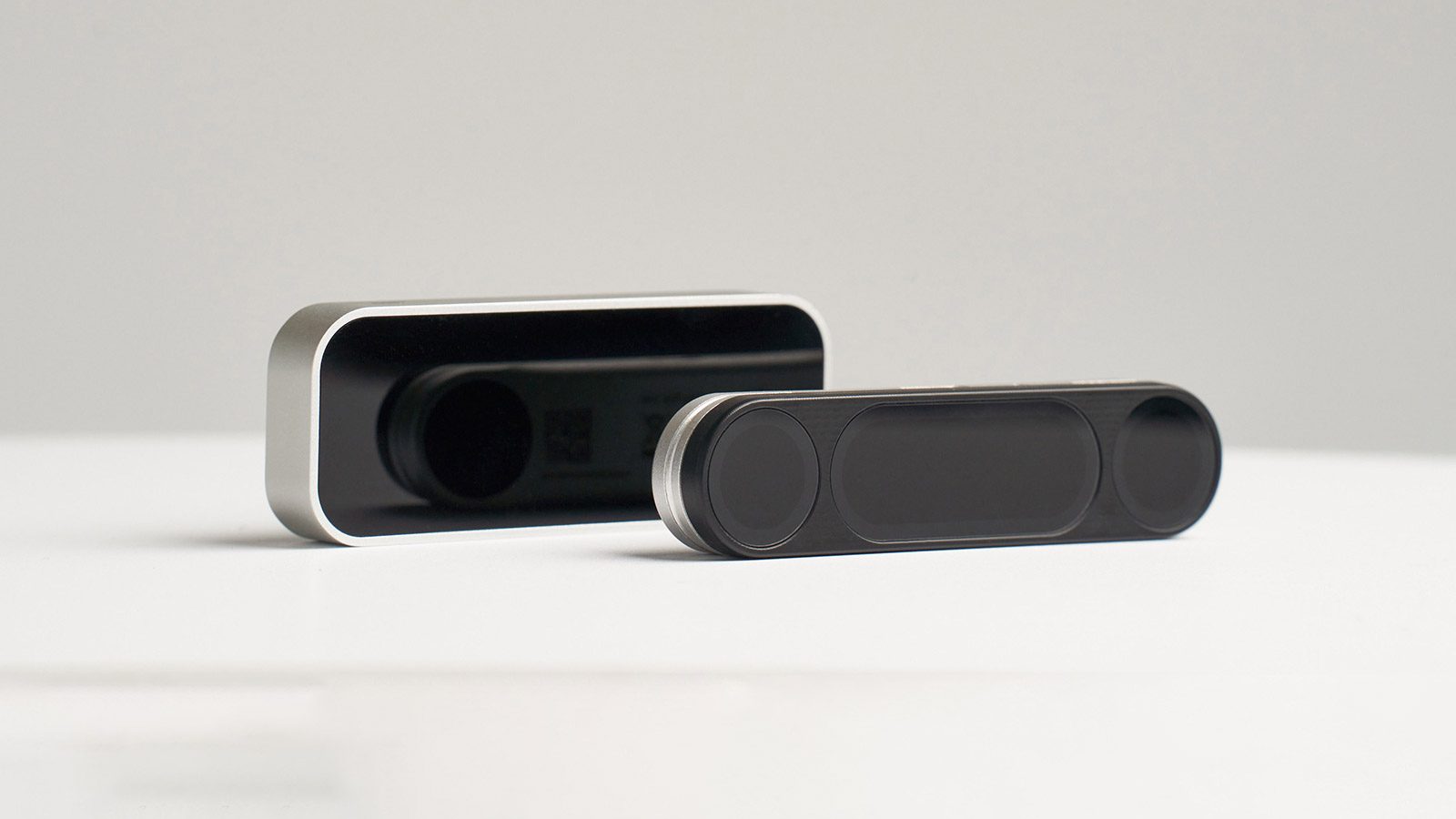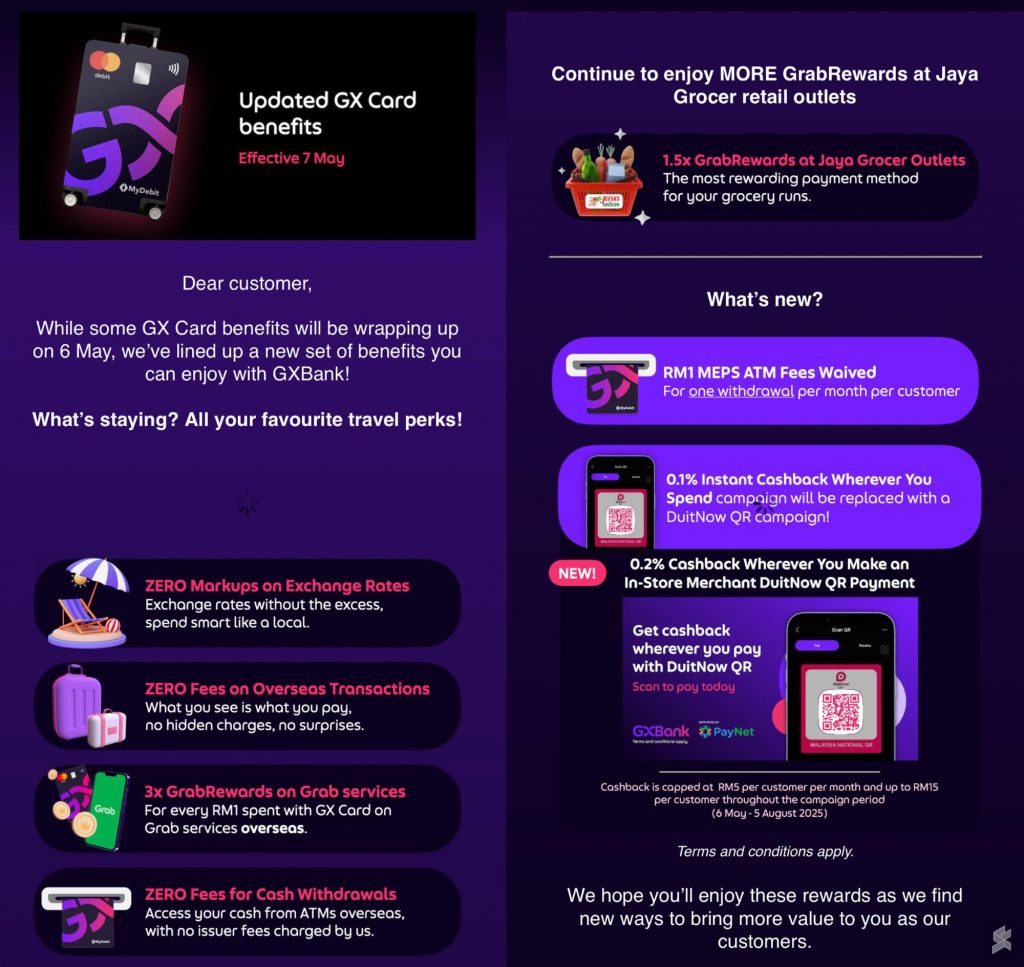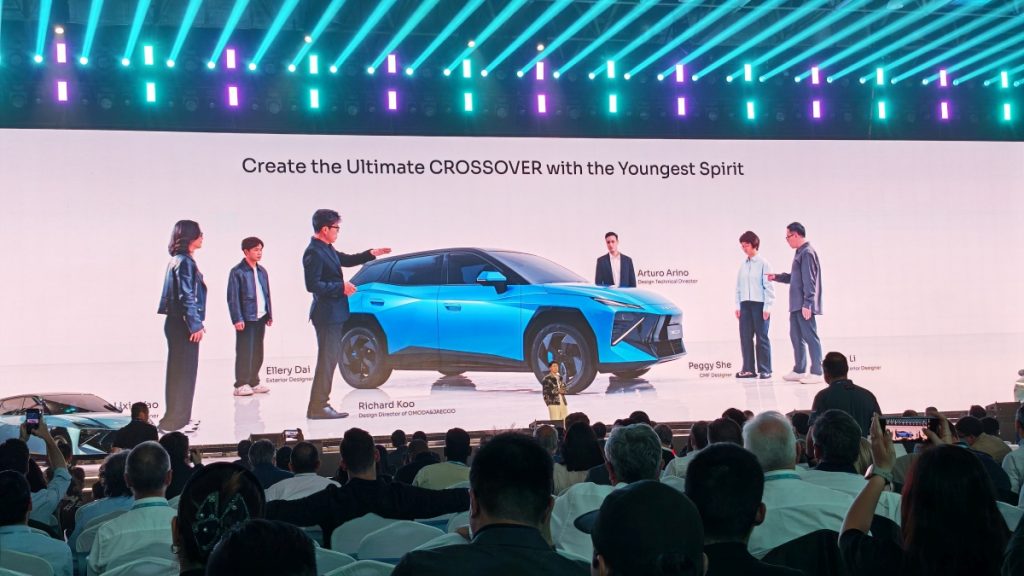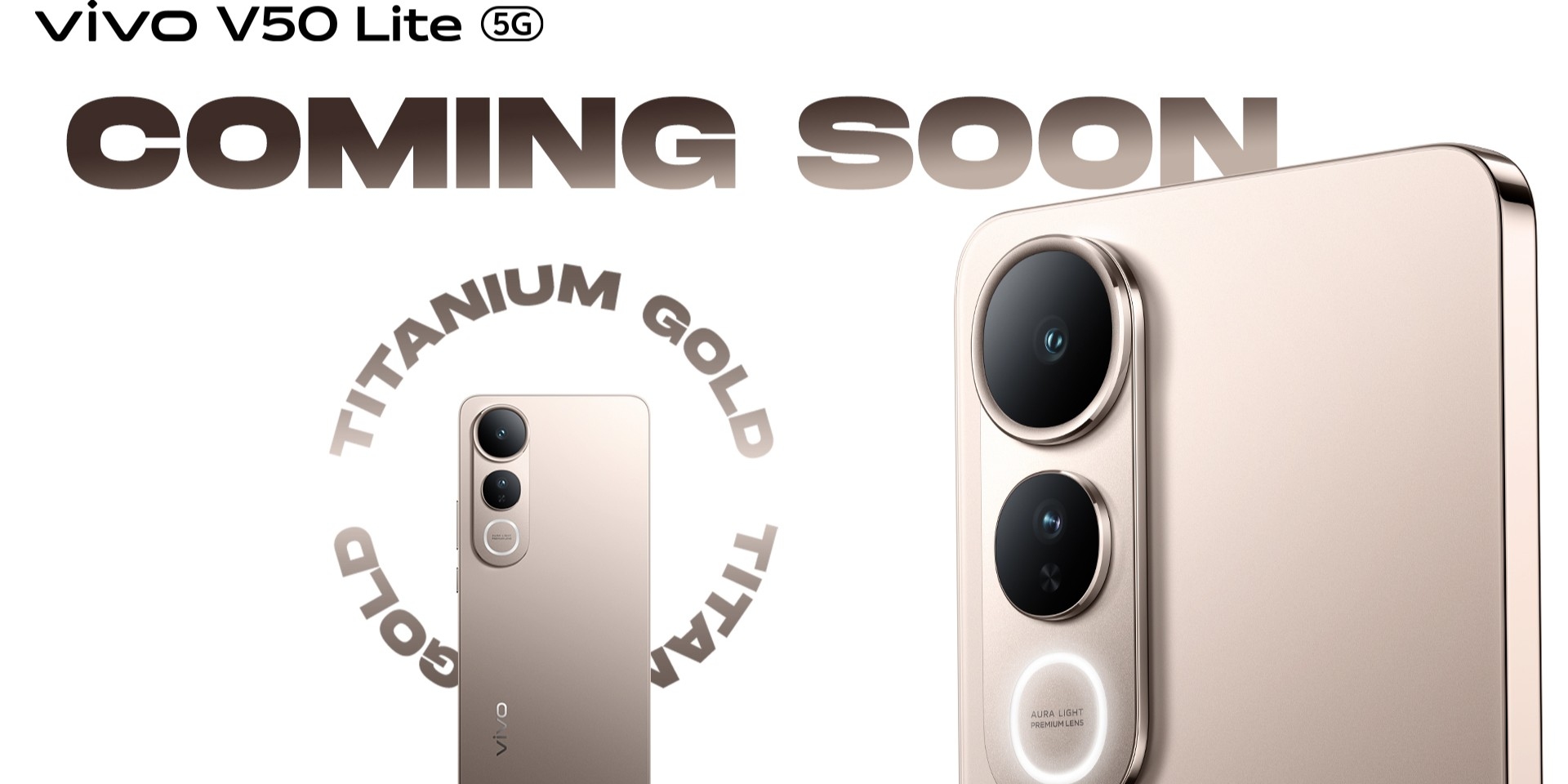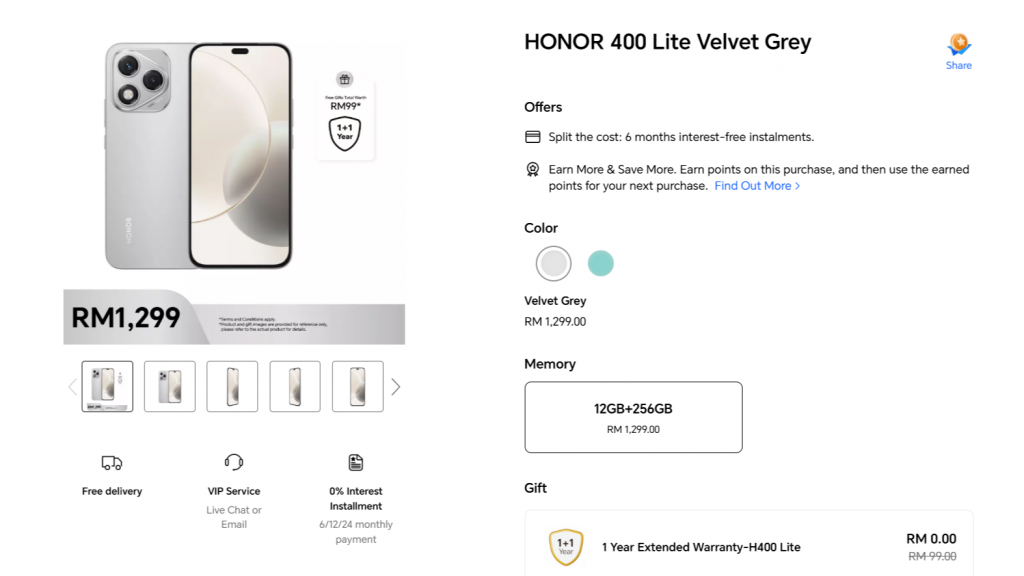Ultraleap, the company behind the Leap Motion hand-tracking module, informed staff on Wednesday that it was proposing a layoff amid a potential restructuring of the business that could see the company split in two.
The Bristol, UK-based company acquired Leap Motion in 2019, prompting a rebrand from its original name Ultrahaptics to Ultraleap. Prior to the acquisition, the company was best known for pioneering its mid-air haptic technology, which uses ultrasound to project tactile sensations onto the user’s hands.
As reported by Sky News, Ultraleap is allegedly now seeking to sell off its hand-tracking business entirely, and spin out its mid-air haptics division into a new company, which would be owned by Ultraleap’s existing shareholders and also seek additional external funding.
The company hasn’t publicly confirmed the sale of Leap Motion or the specifics surrounding the restructuring of its haptics business, however it has confirmed layoffs are coming:
“After much consideration, we have made the difficult decision to reshape some of our divisions and reduce the size of our team,” an Ultraleap spokesperson told Sky News. “This decision has not been taken lightly, but it is necessary for us to adapt our business to better serve our market and our customers.
Initially released in 2013, Leap Motion was one of the first viable hand-tracking modules to come to market. While it was originally created to work as an input method for PCs, a few years later the then still independent company would hard pivot into the VR space, providing hand-tracking to headsets which at the time had none.
Fast-forward to today, and many standalone headsets pack in their own onboard hand-tracking thanks to the requisite bank of optical sensors that are also used for tracking the user in room-scale environments. The shift has made bespoke modules like Leap Motion less desirable for consumers overall, leaving the company to focus on integrating its tech with boutique headset manufacturers such as Varjo, Pimax, and Vrgineers.

